14. Sing Street (2016, John Carney)
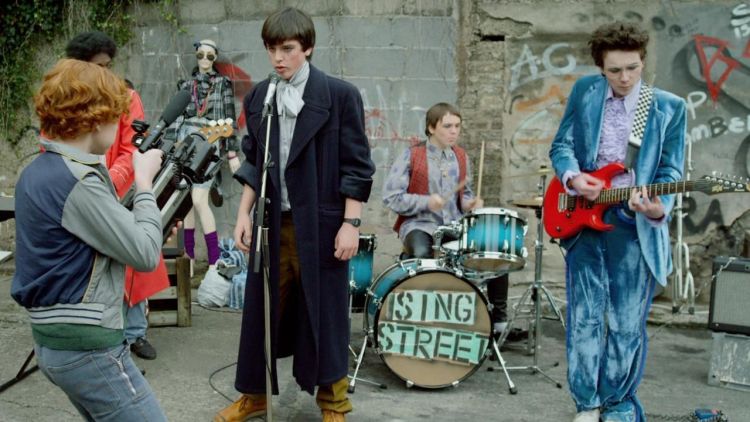
Sing Street is the second film by John Carney to make the list, and is the most recent film to do so as it premiered at the Sundance Film Festival in January and was released in Irish cinemas in March of 2016.
In a similar vain to Once, although with an increased budget, it is a musical drama about a Dublin teenager (Ferdia Walsh-Peelo) who tries to win the affection of an aspiring model (Lucy Boynton) by forming a band.
The title of Sing Street is a reinforcing of Ireland’s proud literary history, as it refers to Dublin’s Synge Street, which was named after Irish playwright J.M. Synge.
There is also a reinforcing of anti-Catholic church sentiment that has been a theme apparent in Irish cinema since the emergence of a series of child abuse scandals. This theme of contemporary Irish cinema could be seen as a manifestation of Irish society’s considerable rebellion against the Catholic Church.
Carney’s film takes satirical aim at the Church run, Christian Brothers’ schools that have also been clouded in abuse scandals from the period that the film is set.
13. Calvary (2014, John Michael McDonagh)
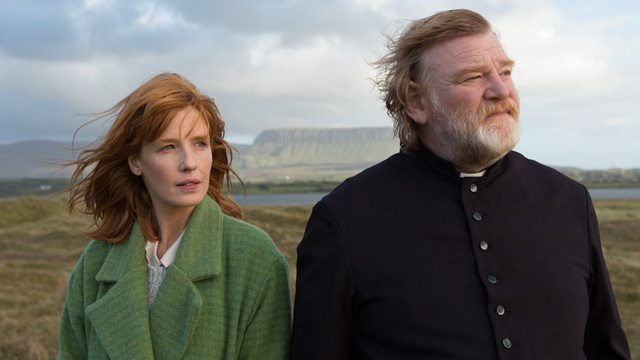
Calvary is the second film on the list directed by John Michael McDonagh and sees him collaborate again with Brendan Gleeson to great effect.
However Calvary is a much darker film than The Guard as, like many recent Irish films, it uses the demise of the Catholic Church to comment on the changing landscape of Irish society. This conflict between the old and the new has been a theme in Irish cinema dating back to Jim Sheridan’s The Field (1990).
The film signals a turning point in Irish cinema however as the Catholic Church is no longer the establishment that needs to be brought down with satire. Rather, through the good Father James (Gleeson) the Catholic Church is portrayed as the persecuted and the benevolent.
Tackling weighty issues with humor, sensitivity and a superb use of symbolism, this is the best film yet from either McDonagh brother.
12. The Lobster (2015, Yorgos Lanthimos)
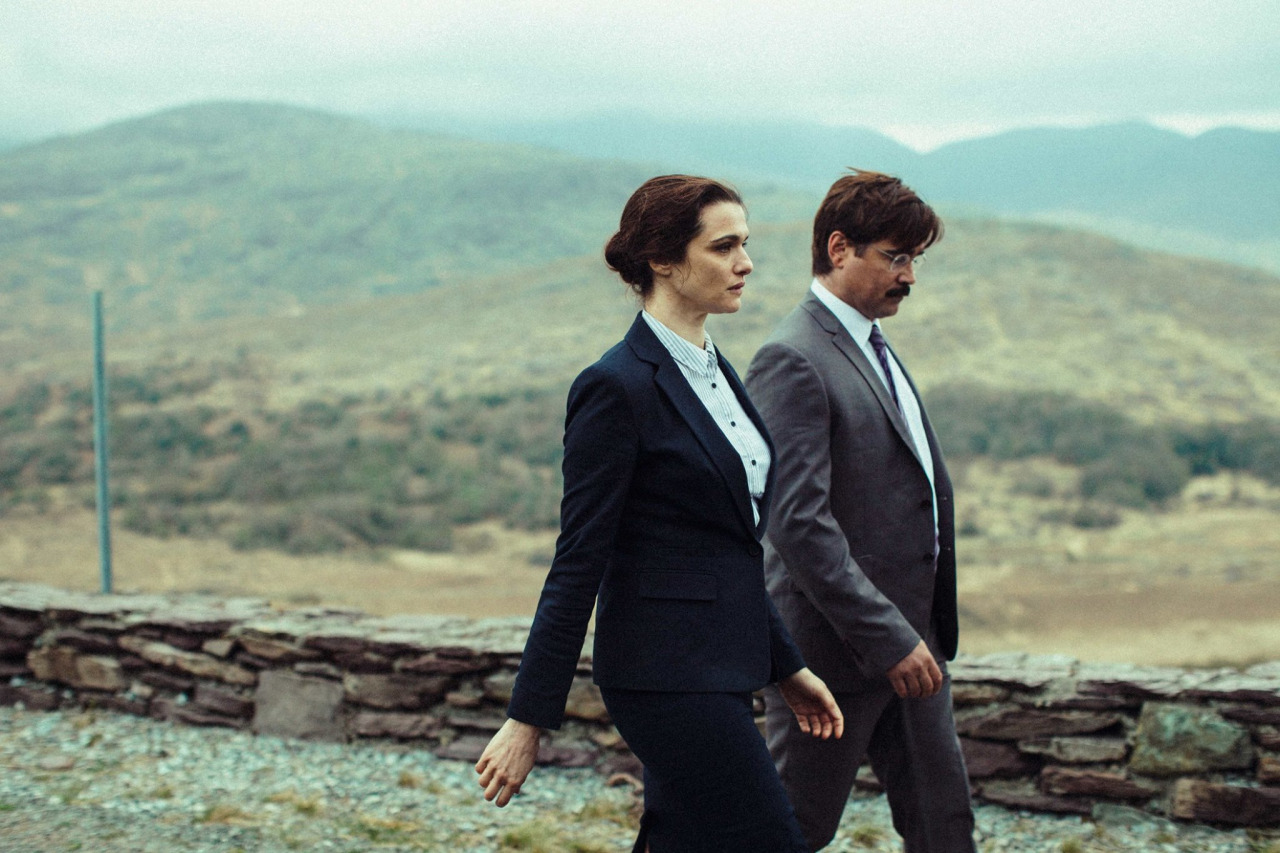
For anyone who has seen Greek director, Yorgos Lanthimos’ bizarrely brilliant film, one could be forgiven for wondering why it is on a list of Irish films. The absurdist dystopian film is however set in Ireland (the eagle eyed may have noticed Irish road markings and Dublin taxis in the background) and most importantly for the purposes of qualifying for this list, the film is funded by the Irish Film Board.
About a recently single bachelor (Colin Farrell) who must find a mate within 45 days or be transformed into an animal of his choosing, the film is set in a bleak world that one could imagine coming from the mind of surrealists such as Franz Kafka, Charlie Kaufman or Ireland’s own Samuel Beckett.
The film won the Jury Prize at the Cannes Film Festival in 2015 and also features Rachel Weisz, John C. Reilly, Olivia Colman and Ashley Jensen.
11. The Revolution Will Not Be Televised (2003, Kim Bartley and Donnachá Ó Briain)
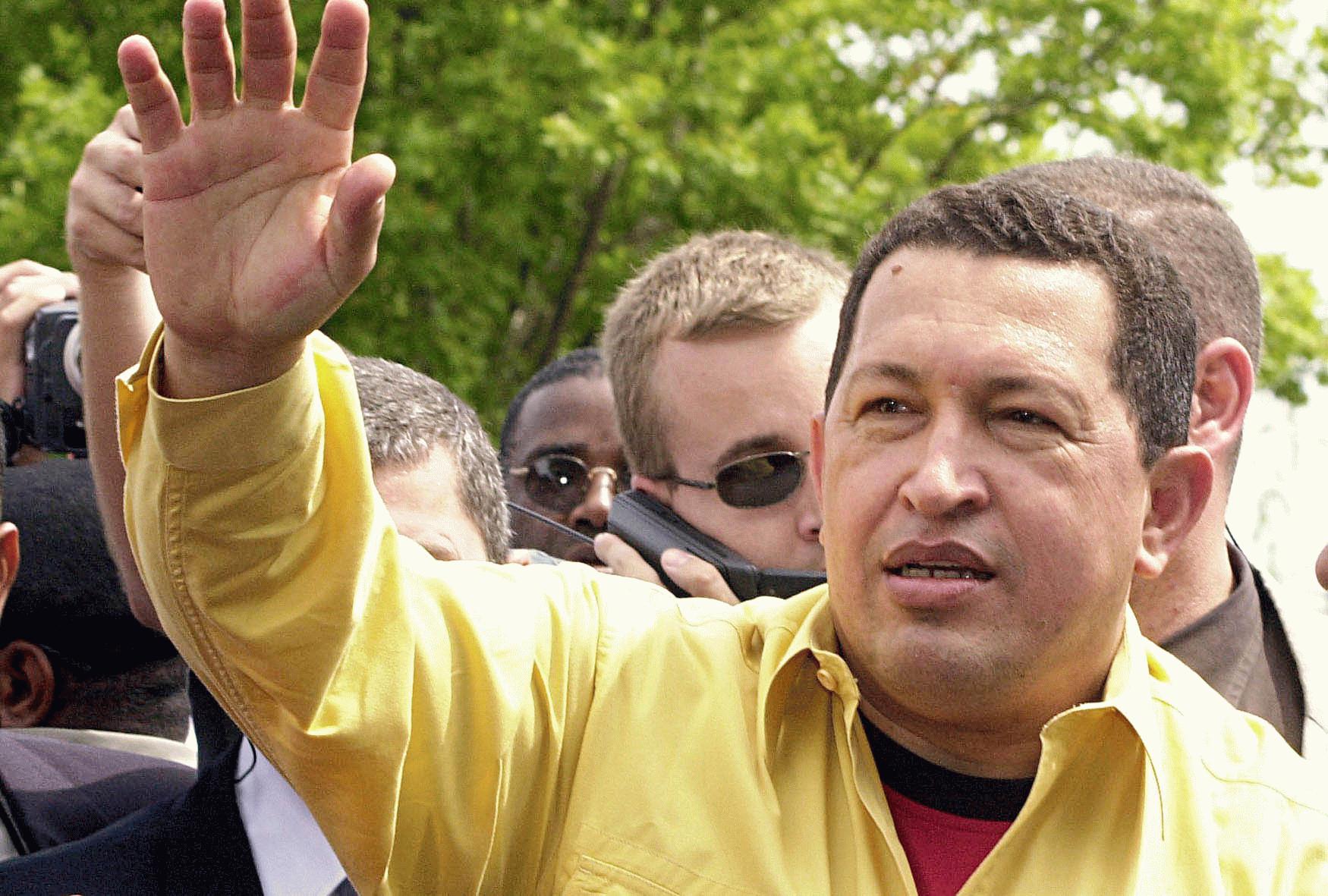
Kim Bartley and Donnchá O’Briain’s film is another film that people may be excused for thinking is not an Irish film. The film’s directors are Irish however and the documentary is funded by the Irish Film Board and the Irish state broadcaster, Raidió Teilifís Éireann.
It covers the 2002 Venezuelan military coup that saw president Hugo Chavez momentarily ousted from power. Partly due to the directors having access to the Venezuelan president and his government at the time of the coup, the film offers what other films about the subject cannot and the documentary has achieved cult status internationally as a result.
It is particularly insightful for those interested in South American politics and the role that the US play in the affairs of South American countries as the coup is widely believed to have been orchestrated by the US.
The filmmakers claim they were allowed such intimate access to Chavez because they gained his trust by sharing a mutual interest in Irish socialist politics and appreciation of Irish socialists such as the revolutionary, James Connolly and the playwright Sean O’Casey.
10. In The Name Of The Father (1993, Jim Sheridan)
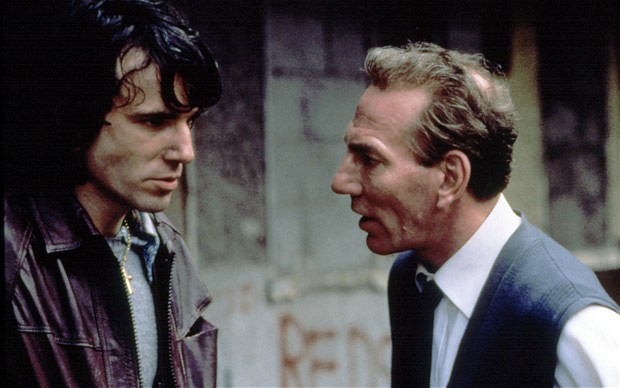
In the Name of the Father is also a true story and is the first film on the list by Jim Sheridan, who many believe to be Ireland’s greatest ever filmmaker. The film was nominated for seven Oscars and tells the story of a young unemployed Belfast man, Gerry Conlon (Daniel Day-Lewis), who, along with 4 others, was falsely convicted of the 1974 Guildford pub bombing perpetrated by the Provisional IRA that killed four off-duty British soldiers and a civilian.
The film is lauded for the impassioned performances from both Daniel Day-Lewis as Gerry Conlon and Pete Postlethwaite as his father Giuseppe, both of whom received Oscar nominations.
The real life Gerry Conlon spent 15 years trying to clear his name and after his release from prison suffered from mental health problems and alcoholism. He died in June 2014.
This is a must watch film about one of the most notorious miscarriages of justice in British legal history.
9. The Magdalene Sisters (2002, Peter Mullan)
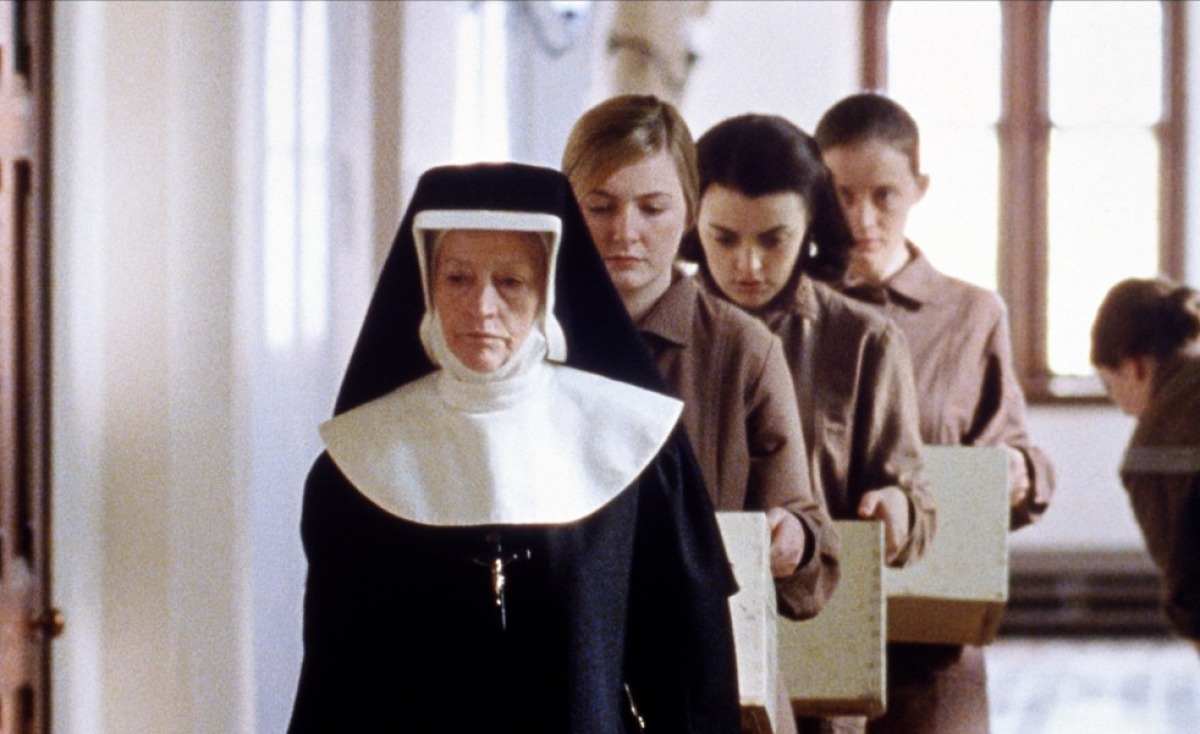
The Magdalene Sisters won the Golden Lion award at the Venice film festival in 2002 and is a story about three teenage girls who were sent to the Catholic Church run Magdalene asylums (or Magdalene laundries) which were homes for women who were considered by their families or society to be ‘fallen’.
The film portrays the Catholic Church and specifically the nuns who run the laundries negatively as they are depicted as having intimidated, bullied and abused the girls they kept locked up.
The director, Peter Mullan claims that he was inspired to make the film because none of the girls abused in the laundries had ever received any form of justice.
In the years since the film was made the Magdalene laundries have became a hot topic in Irish political discourse and a formal state apology was issued in 2013 along with a €50 million compensation scheme that the Catholic Church have refused to contribute to.
8. Good Vibrations (2013, Lisa Barros D’Sa and Glenn Leyburn)
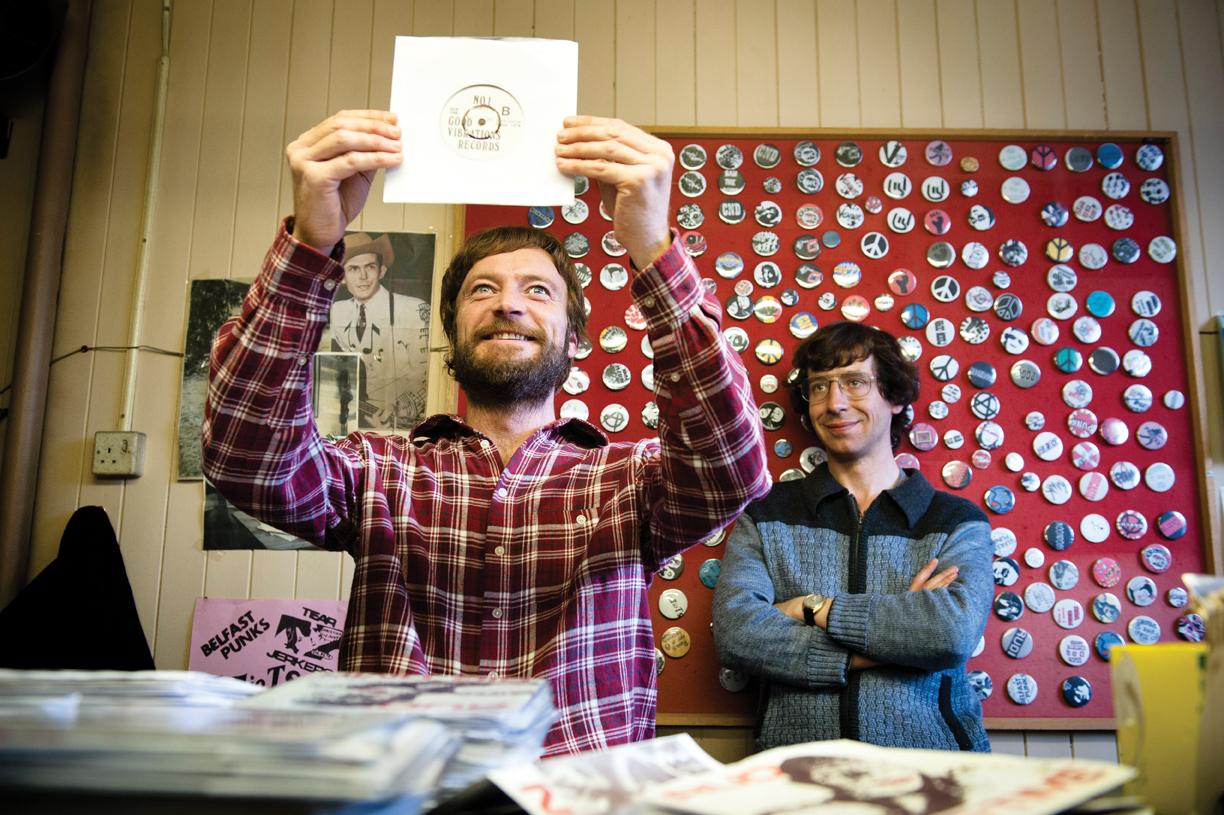
Good Vibrations is the biopic of Terri Hooley who is known around the Belfast music scene as the ‘Godfather of Punk’ and is another musical drama to make the list.
The film is set at the height of the Northern Irish conflict and at a time when the punk music scene was taking off in Belfast and seen as an alternative to the violence and sectarianism that dominated the region.
The Troubles is a conflict that has dominated Northern Ireland’s identity as far as cinematic representation is concerned and this has been at the expense of other themes. Good Vibrations seeks to compensate for the many stories and themes that have been overshadowed by the Troubles as it brings the forgotten stories of those who survived and thrived to the fore.
This rejection of the typical subject matter associated with Troubles films positions Good Vibrations as being a product of Northern Ireland’s peace process.